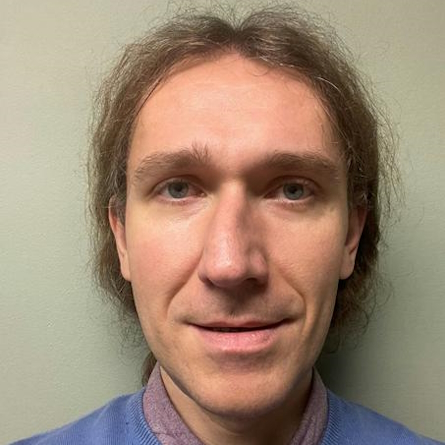
Lecturer in Political Economy, King’s College London, Coordinator of the Department of Political Economy’s Peace and Conflict Research Group, Affiliate at the Identity and Conflict Lab, Yale University. Specialises in political and inter-group conflict, informal/extra-legal governance, organised crime and gangs. Previous regional specialisms: Poland, Kosovo, Kyrgyzstan, Colombia. Consultant for the British Council in Kosovo, 2019-2020. Has delivered training for the Colombia National Navy on organized crime.
Conflicts today are more complicated than ever, with alliances and tensions playing out in unexpected ways. Take Ukraine: Poland stands firmly behind its neighbor in the war against Russia, seeing it as a strategic necessity. But on the ground, this alliance also means welcoming hundreds of thousands of refugees—leading to tensions over resources, culture, and citizenship. Meanwhile, Canadian and U.S. businesses rely on each other as key partners, yet trade wars have erupted as a result of Donald Trump’s controversial economic policies, creating friction despite strong economic ties. Modern conflicts are increasingly multidimensional, shaped by overlapping alliances and tensions that operate at different levels. How do societies make sense of these contradictions? Why do we see cooperation on one level but conflict on another? In this talk, I argue that many of these tensions stem from misperceptions—misunderstandings about other groups that fuel division and hostility. But the good news is that they can be corrected. Using insights from large-scale surveys and real-world data, I’ll show how false beliefs about immigrants contribute to social conflict and how international politics shape everyday attitudes toward outsiders. More importantly, I’ll highlight simple yet powerful solutions, such as exposing people to museums and cultural institutions that promote balanced, fact-based narratives resistant to political distortion. Examples from Chile, Italy, and beyond reveal how these interventions can reshape perspectives and build more cooperative societies, even in the face of global uncertainty.